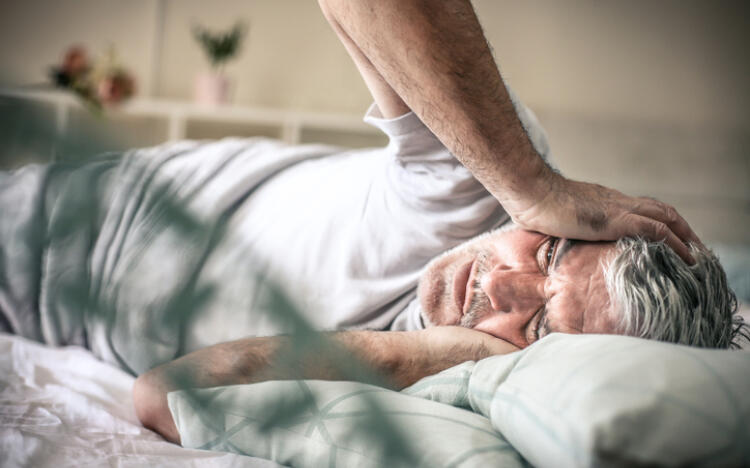If you suffer from regular migraine or tension-type headaches, you can find yourself in a vicious cycle. If you try to treat these headaches with medicines on every occasion, you can develop a condition known as medication overuse headache.
Medication overuse headache is a form of chronic headache, brought on by the daily, or near daily, use of pain-relief medicine for a prolonged period. Headaches develop or get worse as the medicines become ineffective from overuse.
About 1 in 50 adults are thought to suffer from medication overuse headache.
When pain relievers are combined with either codeine or caffeine, both of which have addictive properties, the risk of medication overuse headache increases. Pain relievers containing codeine or caffeine should not be consumed on more than 10 days each month, or, in the case of codeine, preferably avoided altogether.
Medication overuse headache rarely develops among people who don’t have a history of headache and who regularly take pain relievers for other conditions, such as arthritis.
If you experience regular – almost daily – headaches that no longer respond to your usual pain relievers, talk to your doctor about the possibility of medication overuse headache. They may ask you to complete a headache diary to help with the diagnosis.
Treatment for medication overuse headache
Management of medication overuse headache is difficult and may require specialist referral. For treatment to be successful, it’s necessary to completely withdraw from therelevant pain reliever. This is usually followed by a period of worsening symptoms that may last up to 10 days, depending on the drug. Other medicines can be prescribed to manage pain during this period.
